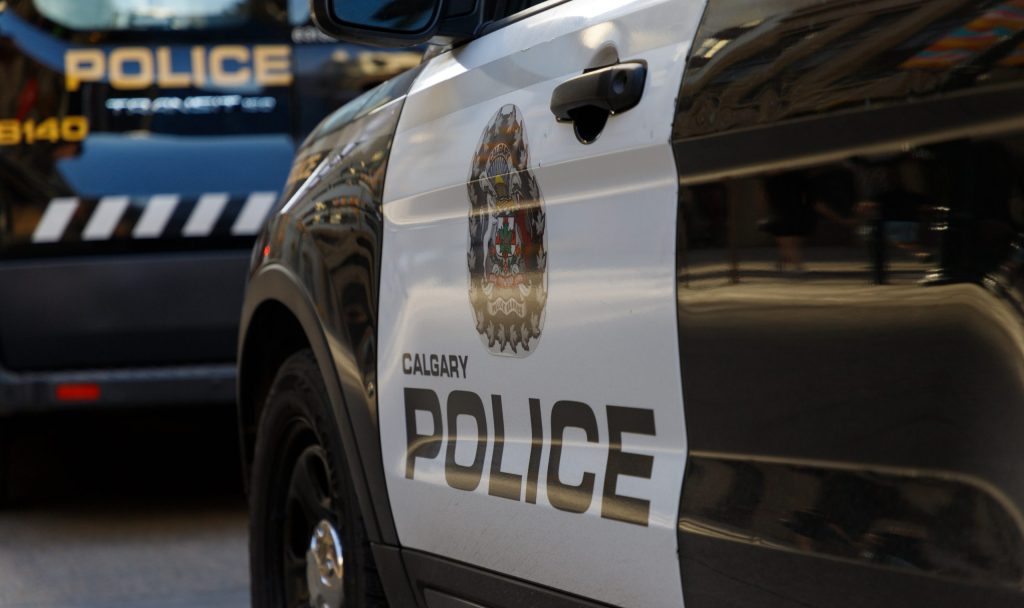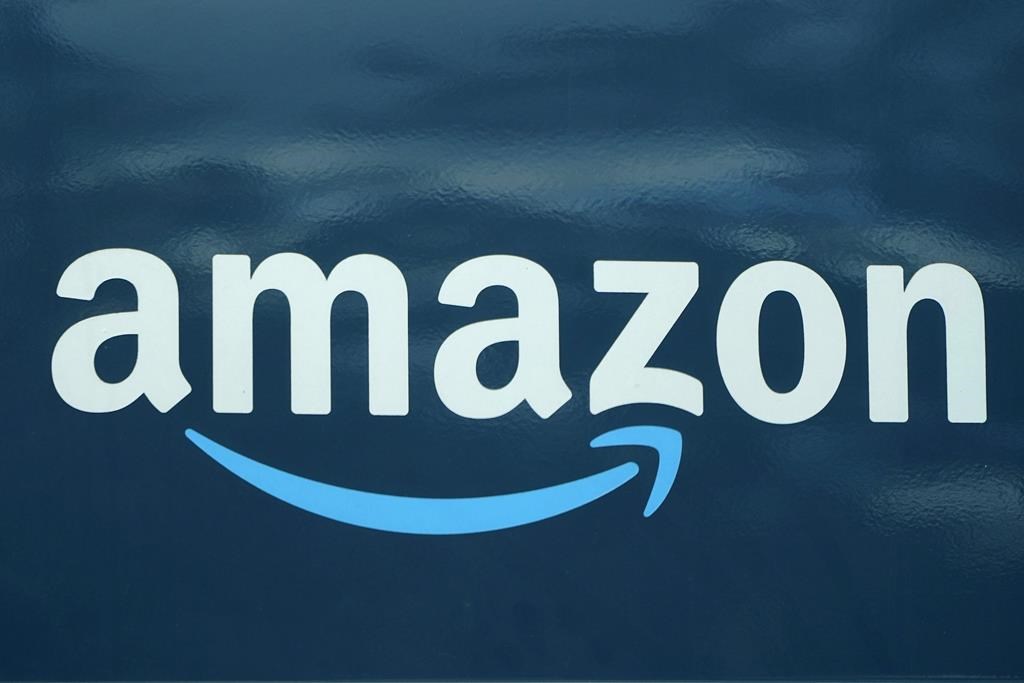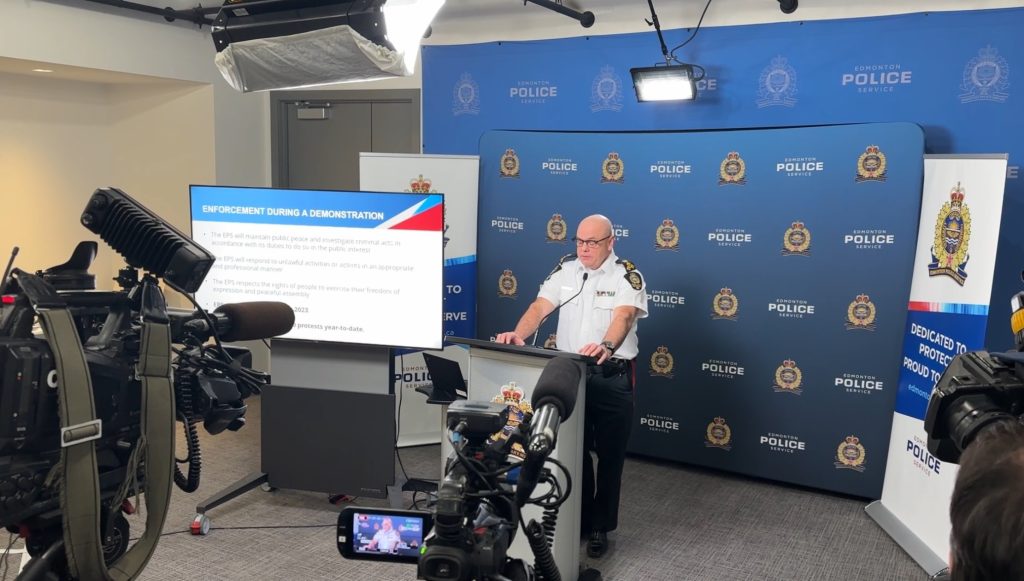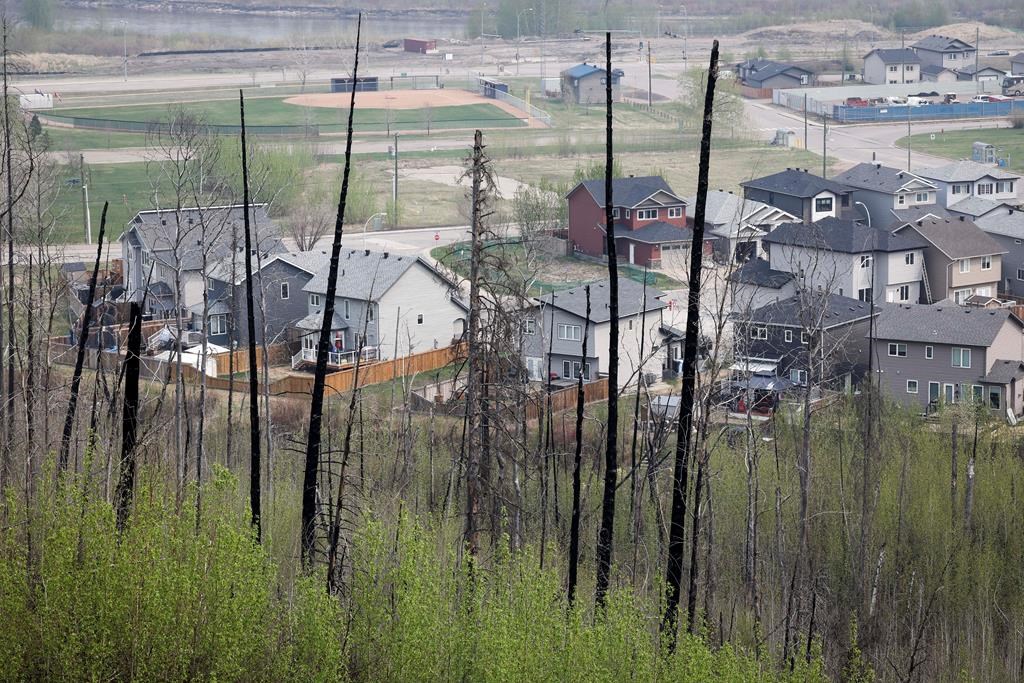Committee proposes tags and RFID technology for garbage
Posted Mar 20, 2019 2:47 pm.
This article is more than 5 years old.
CALGARY (660 NEWS) — Time for some trash talk at Calgary City Hall.
But this time it’s not bickering between councillors, as the Utilities and Corporate Services committee took a look at improving the garbage situation in the city.
On the docket was a proposed plan to introduce a tag-a-bag program, which would charge people for any extra bags left outside a black bin.
“I do think this is probably the right direction to go, in that basically, you are paying for a service — if you want more service you should be paying marginally more,” said committee chair Councillor Peter Demong.
But he does have some concerns over the fee for these tags, which is proposed to be set at $3 each.
This fee is exactly the same in Airdrie and Cochrane, and administration says the tags could actually result in a reduction of black cart fees by ten cents a month.
The city estimates only four per cent of households set out excess trash bags, but currently, the cost of processing the extra garbage is paid by all households.
It’s also believed that the tag-a-bag program would avoid $500,000 in collection and disposal costs.
Councillor Jeromy Farkas joined Councillor Joe Magliocca in voting against the tags, as he said the estimated savings are not proven.
“I think the one size fits all approach doesn’t serve every Calgarian well, but at the risk of over-complicating things and with the unintended consequence perhaps of raising costs — I just wasn’t comfortable with supporting it at this time,” said Farkas. “I think every time the city tries to complicate things to try to make things easier, it just comes back biting us in the end.”
There was also some concern about these tags causing frustration and adding to the contamination problem in blue bins.
“The potential contamination rate of people being frustrated having to pay for an extra bag and throwing it into one of the other bins — is that going to be a cost that is worth doing?” asked Demong.
Right now, the city estimates around 8 to 12 per cent of material thrown into blue bins should not be there in the first place, and it has to be sorted out at extra cost.
Farkas agreed this may become a problem and as a result, the tags and the non-compliance that may follow would end up costing all citizens.
But the tags were not the only thing discussed, as the committee also approved a plan to use radio frequency identification (RFID) technology to track the trash in your black bins.
“That’s kind of that holy grail of what we’re looking for,” said Demong. “You can actually pay for exactly what you use with an RFID. Means basically you pay for however many times your garbage bin is tipped.”
The RFID readers would be on the garbage trucks themselves, so there’s no worry about them being charged for the bins being tipped over by a strong gust of wind.
“I think that’s really interesting and pretty cool,” agreed Farkas, but he also still has some concerns over the cost of this plan.
The fortunate thing about using RFID technology is the tags are already installed on black bins — just the city has no use for them right now.
Returning back to the tags, Demong said it’s the cost of keeping a big city clean.
“Garbage is expensive. It’s often been worded to me, compost and recycling are cheap, garbage is expensive. That’s the whole concept. If we’re just going to landfill it, that should be the most expensive portion of your bill.”
Administration will continue to look at the proposed ideas and then report back to council later this year. If the rest of council approves, the tags and RFID technology could be in place in 2020.










